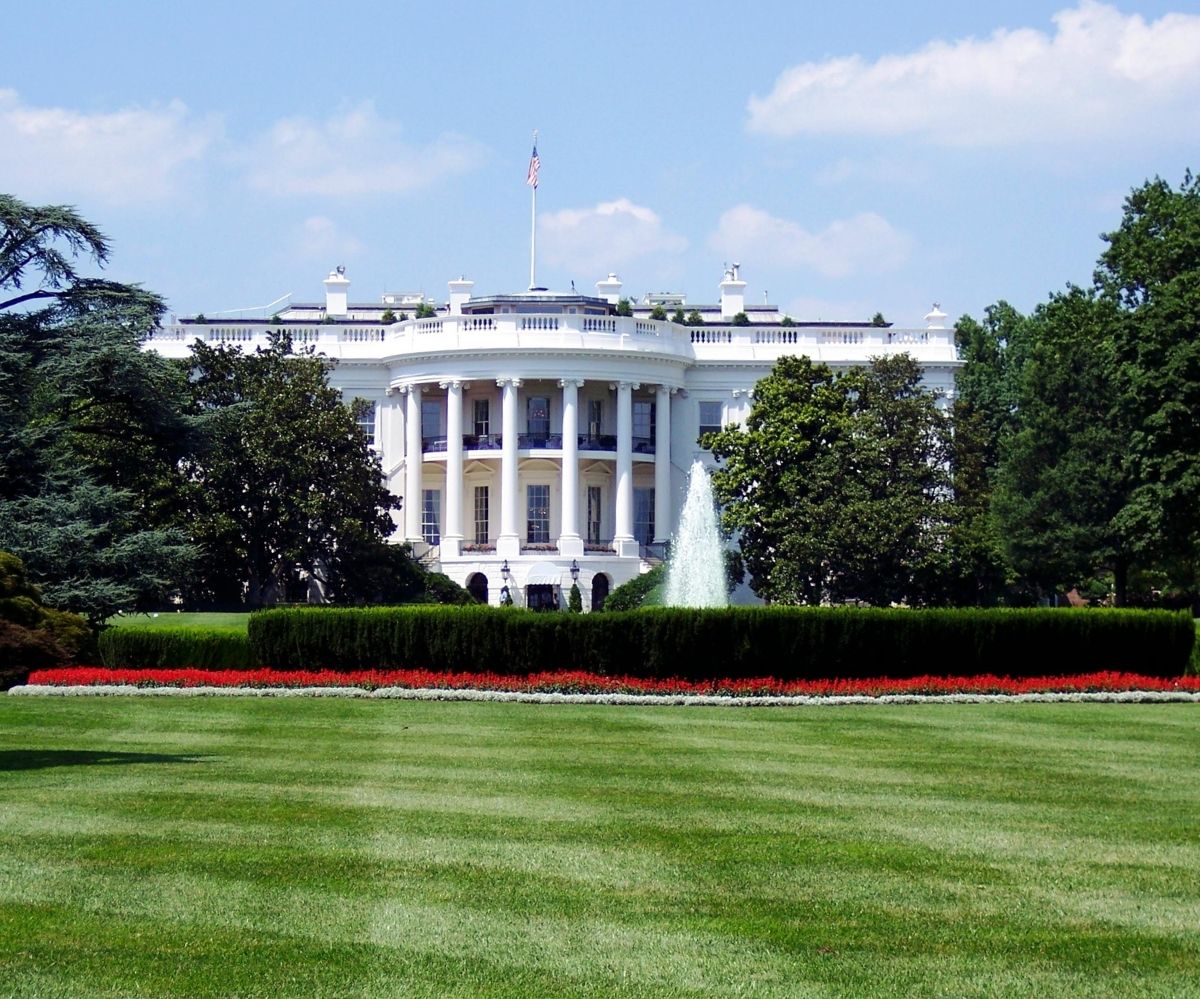With Inauguration Day steadily approaching on Jan. 20, President-elect Donald Trump has discussed his foremost priorities for the first days of his presidency.
According to Republican senator Markwayne Mullin of Oklahoma, the Trump administration is preparing “almost 100 executive orders” to be signed when Trump returns to office.
Though Trump has yet to solidify his plans for the first days of his presidency, here are a few issues that he has designated as being his top priorities in addressing as president.
Immigration
Ever since Trump was campaigning for the presidential election, he’s said that conducting nationwide mass deportation efforts will be of utmost importance in his next presidential term.
In an interview with NBC News, Trump said that the administration’s first action when he takes over the White House will be to “do something with the border” that will be “very strong and very powerful,” though he did not exactly specify what will be done.
Trump alluded that the immigration efforts will be directed toward undocumented immigrants, saying that there are “a lot of people” that should not be in the United States.
Earlier on in his campaign, Trump also promised to conduct the “largest deportation effort in American history,” solidifying his plans to prioritize undocumented immigration when he returns to presidency.
Taxes
In his interview with NBC News, the President-elect said that revisiting the 2017 Tax Cuts & Jobs Act that he pushed forth in his first presidential term is the second paramount priority he plans to take action on when he returns to presidency.
As several provisions in the act are scheduled to expire in 2025, Trump said that he will extend the act to avoid tax increases that will “anger a lot of people.” Trump also commended the act for providing America with what he views as “one of the greatest economies ever.”
According to CityNews, the U.S. Treasury’s most recent analysis of the Tax Cuts & Jobs Act provisions under this extension would save “the top 0.1 per cent of earners” $314,000 and would amount to a cumulated $4.2 trillion over nine years.
Tariffs
After Trump won the presidential election, he posted on his social media platform Truth Social outlining his plans to impose a 25 per cent tariff on goods entering the U.S. on leading trading partners Canada and Mexico in an attempt to control alleged drug trafficking and undocumented immigration from the two bordering countries.
Trump also shared another post where he said that China will face an additional 10 per cent tariff on top of any others he chooses to place upon their exports to the U.S., citing similar issues of alleged drug trafficking as the impetus.
Despite many business analysts warning that the President-elect’s tariff plan will lead to higher consumer prices. Trump said he does not believe consumers feel the impact of tariffs and plans to make them an imminent reality to create “a level, fast but fair playing field” with the country’s trading partners and says they have made “a great economy” for the U.S. in the past.
—
Although Trump has listed a plethora of issues which he aims to combat in his first days returning to office, many of them must have support from Congress before they can materialize into law. Regardless, Trump’s lengthy executive order plans show that the President-elect’s administration is still looking to address these issues as soon as possible.
The President-elect’s full interview with NBC News can be found on their YouTube channel.

